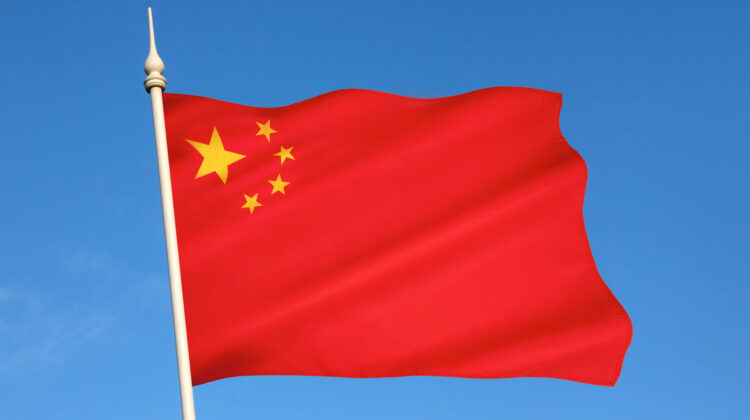
Xi Jinping Secures Historic Third Term as President, Consolidating Power in China
Xi Jinping’s reappointment for a third term as China’s president has garnered international attention, as it has significant implications for China’s political landscape and its relationships with other countries. On Sunday, the National People’s Congress, China’s rubber-stamp parliament, voted 2,952-0 to confirm Xi’s reappointment, effectively solidifying his grip on power and cementing his position as the country’s most powerful leader since Mao Zedong.
Xi Jinping’s Leadership Style and Vision for China’s Future
Xi Jinping’s leadership style and vision for China’s future have been closely scrutinized since he first came to power in 2012. He has emphasized the importance of strengthening the Communist Party’s grip on power, cracking down on corruption, and expanding China’s global influence. He has also championed a vision for China’s future that prioritizes technological innovation, economic development, and environmental protection.
Under Xi’s leadership, China has embarked on a number of ambitious initiatives, such as the Belt and Road Initiative, which aims to connect China with other countries through infrastructure projects, and “Made in China 2025,” which seeks to make China a world leader in high-tech industries. However, his leadership style has also been criticized for being authoritarian and for cracking down on dissent, limiting free speech, and clamping down on civil society.
The Implications of Xi Jinping’s Third Term for China and the World
Xi Jinping’s consolidation of power through his third term as president has significant implications for China’s political landscape and its relationships with other countries. First and foremost, it solidifies Xi’s dominance within the Communist Party, making him the country’s most powerful leader in decades.
However, Xi’s consolidation of power has also raised concerns about the erosion of democratic norms in China, as he has been criticized for cracking down on dissent and limiting free speech. Additionally, Xi’s assertive foreign policy has led to tensions with other countries, particularly the United States, over issues such as trade, human rights, and territorial disputes in the South China Sea.
As China continues to assert itself on the global stage, the implications of Xi’s continued consolidation of power for the country’s relationships with other countries will be closely watched. Some analysts predict that China’s increasingly assertive foreign policy may lead to a more confrontational relationship with the United States, while others suggest that Xi may seek to use his power to promote greater cooperation and stability in the region.
The Role of SEO in China’s Political Landscape
In China, where the government tightly controls the media and censors online content, search engine optimization (SEO) has become an increasingly important tool for shaping public opinion and influencing policy outcomes. The Chinese government has been keenly aware of the importance of SEO and has taken steps to ensure that its message dominates online search results.
This has included the use of targeted keywords, the creation of large numbers of pro-government websites and social media accounts, and the deployment of an army of “online commentators” to flood comment sections with pro-government messages. The government has also taken steps to crack down on dissent online, including by shutting down websites and social media accounts critical of the government.
Xi Jinping’s historic third term as president of China represents a significant milestone in the country’s political history. As China continues to assert itself on the global stage, the implications of Xi’s consolidation of power for the country’s political landscape and its relationships with other countries will be closely watched. In this context, the role of SEO in shaping public opinion and influencing policy outcomes will only become more important.
Author: Donglu Shih
Expert in Asian culture and economics. She collaborates with major companies in the field of international relations. Collaborates with The Deeping on Asian political topics

